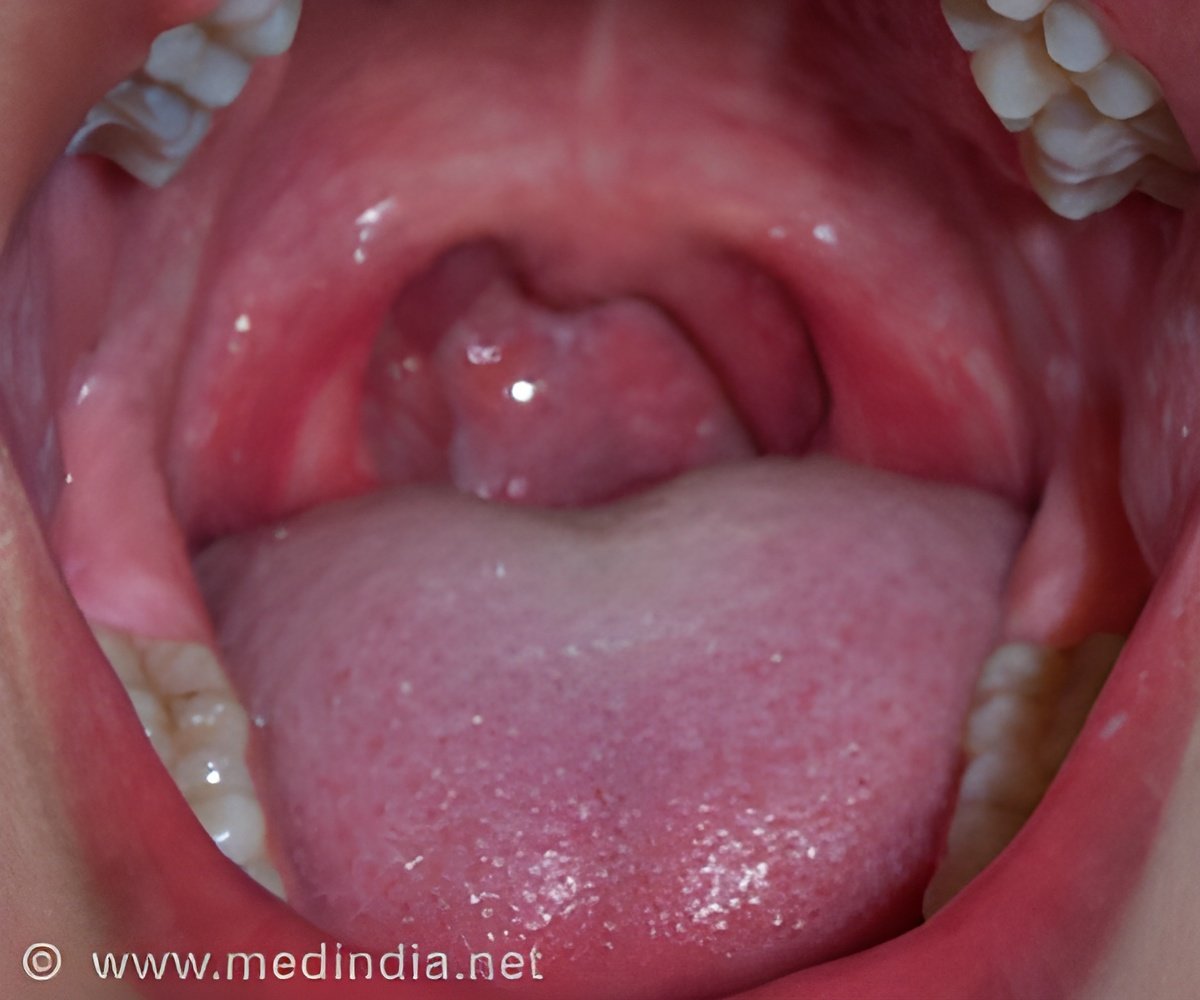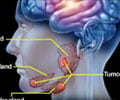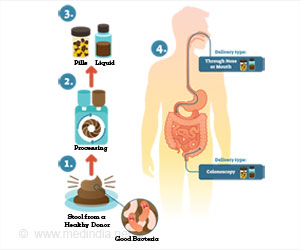Researchers have identified a specific microRNA (miRNAs) called 'miR-155 that is over-expressed in tongue cancer.

‘Inhibition of this protein has been known to cause the spread of oral, lung, breast, liver, brain and colon cancers.’





For example, it has been seen that a type of protein called 'programmed cell death 4' --pdcd4-- helps in stopping cancer cells from growing and spreading. Inhibition of this protein has been known to cause the spread of oral, lung, breast, liver, brain and colon cancers.
For the current study, IIT Madras collaborated with researchers from Cancer Institute and Sree Balaji Dental College and Hospital at Chennai and Indian Institute of Science at Bengaluru.
"MicroRNAs (miRNAs) are short non-coding RNAs containing 20?24 nucleotides that participate in virtually all biological pathways in animals," study lead researcher Devarajan Karunagaran, Head, Department of Biotechnology, IIT Madras, said in a statement.
"They have been found to play important roles in many cancers, in carcinogenesis (start of cancer), malignant transformation and metastasis ? the development of secondary cancer. The miRNAs associated with cancer are called 'Oncomirs'," Karunagaran added.
Advertisement
It is therefore important to identify the types of miRNAs that are associated with both suppression and proliferation of cancer cells.
Advertisement
They have also shown that knocking out miR-155 causes death of cancer cells, arrests the cell cycle, and regresses tumour size in animal models and reduces cell viability and colony formation in benchtop assays.
"While it has been long suspected that miR-155 downregulates Pdcd4, there have, hitherto, been no evidence for such interaction," said study researcher Shabir Zargar.
The research team has shown beyond doubt that miR-155 is overexpressed in tongue cancer cells and tongue tumour tissues.
This 'overactivity' of miR-155 hinders the action of pdcd4, which in turn causes spread and growth of cancer of the tongue.
"Our study has shown that the restoration of Pdcd4 levels through molecular manipulation of miR-155 can lead to potential therapeutic developments for cancers, especially of tongue cancer," Karunagaran added.
Source-IANS













